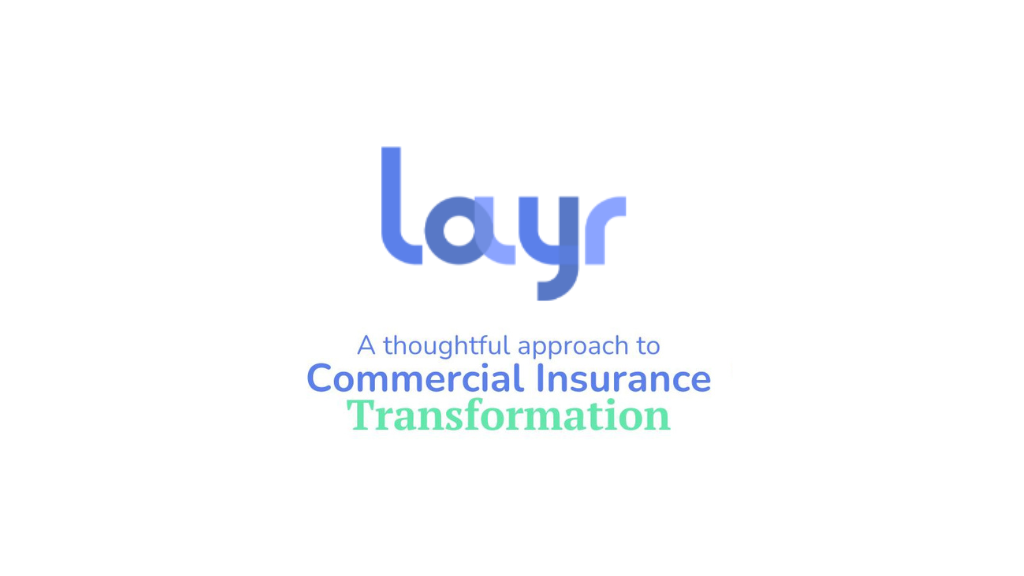BLOG POST
3 Scenarios That Legally Require Business Insurance
By The Layr Team | 05/08/2017
Often, situations that require business insurance are nuanced and are highly specific to certain industries and operations. However, sometimes the need for coverage is plain and simple–and legally mandated, to boot. Let’s take a look at three of the most common scenarios that trigger a legal requirement for business insurance.
Hiring Employees & Contractors
The first and most common scenario that requires insurance is the hiring of employees or independent contractors (1099s).
As a business owner, you are responsible for the safety of your employees. Establishing safety protocols and best-practices for the workplace is a good idea, but even with these precautions in place, accidents happen. If an employee is injured or falls ill on-the-job, it’s important to ensure that they can recover quickly and thoroughly, with the medical care they need.
That’s where Workers’ Compensation Insurance comes in.
Workers’ Compensation Insurance
When an employee suffers an injury or illness while at the workplace, Workers’ Compensation Insurance will respond to cover lost wages and medical bills related to the illness or injury. Workers’ Compensation coverage is mandated by and varies in each state.
Each and every state legally requires all companies with a certain number of employees or contractors to maintain Workers’ Compensation Insurance. Coverage limits and the number of employees, or contractors, that triggers this requirement varies by state.
? Good to Know: Check your state’s Workers’ Compensation requirements and exemptions to make sure your business is in compliance.
It’s important to understand that as an employer, you are always responsible for all medical costs associated with an employee injury or illness that occurs while an employee is doing their job. Workers’ Compensation Insurance helps cover these medical costs, often for less than $100 per month.
When you consider that many states charge fines in excess of $10,000 for operating without the required Workers’ Compensation Insurance limits, $100 every month is a small price to pay for your employees’ wellbeing and your business’s reputation as a trustworthy employer.
Company Owned or Leased Vehicles
Another common insurance trigger is company ownership of vehicles. Just as any owner of a personal vehicle is required by law to hold a personal auto insurance policy, your business is legally required to hold Commercial Auto Insurance for any vehicles owned or leased by your company. The required limits vary by state but typically start around $25,000.
However, if your business operates in a major metropolitan area, chances are, any auto accident your company vehicle causes will incur costs in excess of $25,000 due to property damage and the potential involvement of multiple vehicles.
Additionally, if the accident is severe, when it is discovered that your vehicle is owned by a company, damages sought will likely increase considerably.
This is why Layr typically recommends that small businesses that own a vehicle opt for a $1,000,000 Commercial Auto Insurance limit and also consider purchasing an Umbrella Insurance policy to provide additional protection.
After all, automobile accidents are the second most common insurance claim–covered or uncovered–that small businesses experience. Having the right policies in place protects your business when an auto claim comes your way.
Data Breaches
It seems like every day another business’s hacking-related data breach is splashed across the news, detailing the exposure of private information. Information losses can range from confidential corporate documents and trade-secrets, to health records or credit card information of customers.
If your company operates in the medical industry, financial field, or accepts credit card payments, chances are there is some degree of regulatory oversight that you must comply with. Additionally, all businesses that serve residents of the state of California, regardless of industry, are required to comply with the California Consumer Privacy Act (CCPA), passed in June 2020.
➡️ Related: Read more about the California Consumer Privacy Act and Cyber Liability Insurance.
In addition to putting in place the proper data protection for your computer systems, you might also be required to have a comprehensive Cyber Liability Insurance policy that can fund data recovery efforts in the event of a breach.
Keep in mind, these are just a few of the most common types of insurance and the scenarios that legally mandate them. There are a host of other situations that can legally require insurance like entering into customer contracts or lease agreements. It’s best to periodically review the insurance requirement clauses in your company’s contracts and agreements to ensure you aren’t underinsured.
At Layr, we’ve made the process of getting the right insurance at the right time as easy, painless, and affordable as possible. We provide policies that support your company as you grow and change, offering coverage that will keep your operations secure. That’s #BetterBusinessInsurance.





